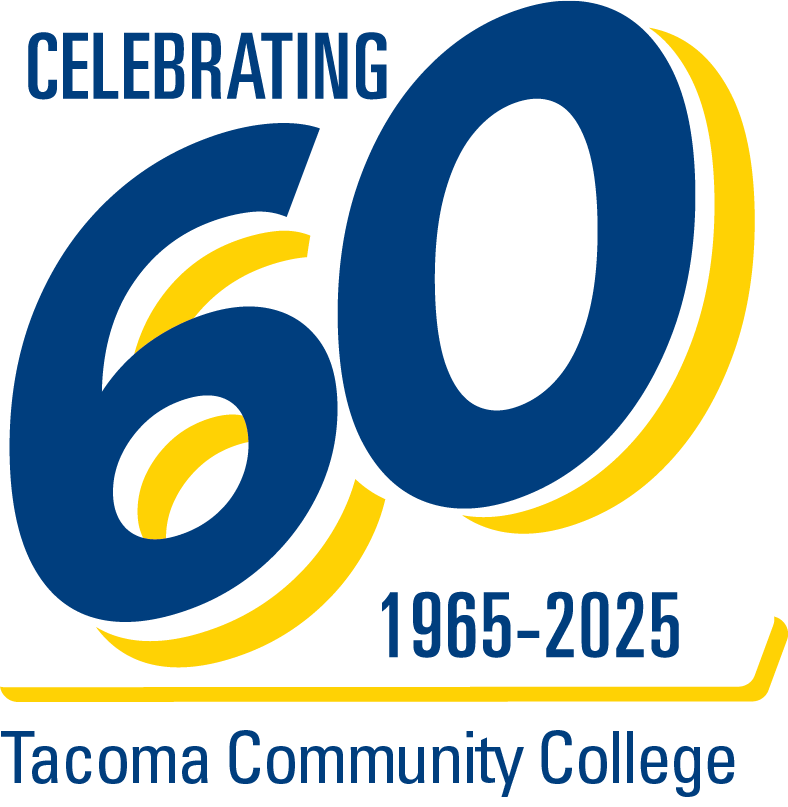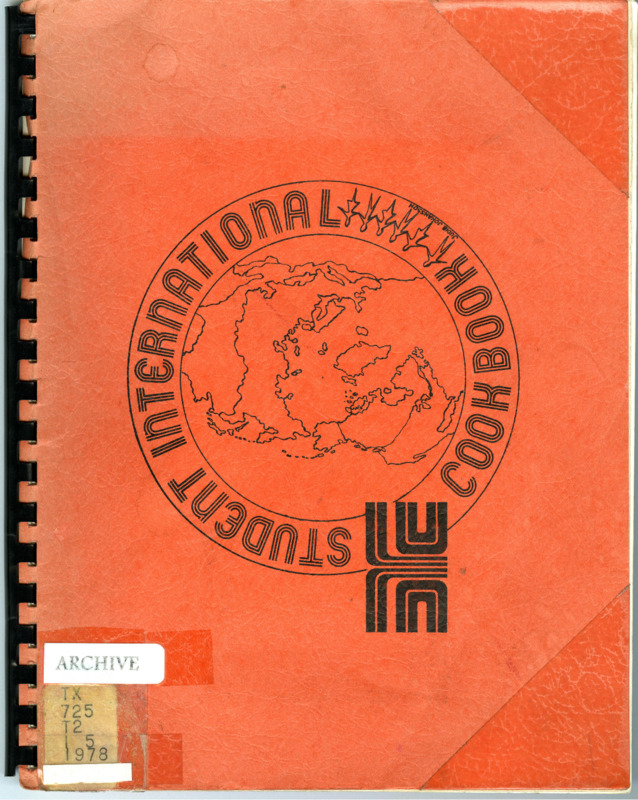International, Immigrant, and Refugee Students
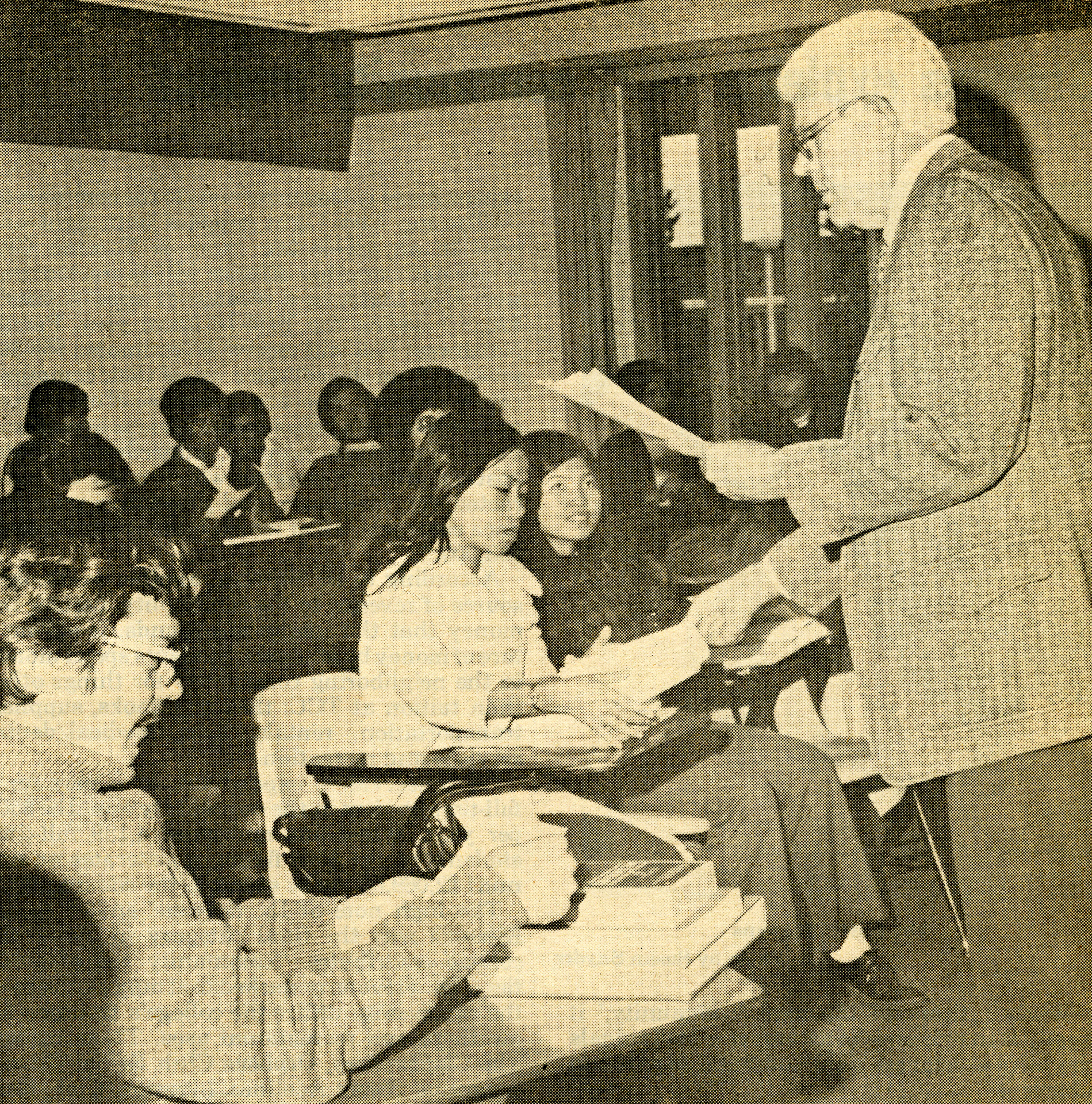
TCC’s English as a Second Language (ESL) program made national news in 1976 for its pragmatic use of the Sears Roebuck department store catalog as a course “text” – serving as both an illustrated example of household vocabulary as well as an American cultural lesson.34
Batdorf’s 1977 report on student demographics also noted a significant rise in foreign-born students, particularly displaced Vietnamese citizens.27 From 1975 to 1985, approximately 100,000 Southeast Asians entered the US per year, with nearly half settling in Washington state, fleeing wartime and postwar Vietnam, Cambodia, and Laos.28
TCC had already begun offering English as a Second Language (ESL) courses in the 1970-1971 academic year29 and in the following few years it was expanded into two then three consecutive courses.30 Community support included additional classes at Tacoma Community House31 and funding from the City of Tacoma’s Manpower and Training Office.32 By 1978, a full ESL department was created, with curriculum doubling that first year with a second trio of intermediate courses, then exponentially expanding over the following years into a sequential range of reading, writing, speaking, and listening skills.33
As the 1977 student report pointed out, international students from all over the world had found their way to TCC, and many of them found community with each other in the International Students Organization (ISO), formed in 1969.35 The ISO organized numerous events for cultural exchange, as well as fundraisers to provide scholarships for international students,36 who were not eligible for many of the forms of financial aid for domestic students. By 1975, TCC had supported students from El Salvador, Ethiopia, Germany, Guam, Iran, Israel, Japan, Kenya, Korea, Laos, Mexico, Panama, Philippines, Samoa, Saudi Arabia, Spain, Taiwan, Venezuela, Vietnam,37 China, Nigeria, and Thailand.38
Cooking with the ISO
The ISO began hosting an International Festival in 1972, which became an annual event of world foods, music and dance,39 where students wore traditional dress and shared their favorite dishes.40 These festivals led to the production of several cookbooks to share recipes, including the below 1978 cookbook in the TCC Archives. This cookbook features 57 bilingual recipes by the group members from Austria, China, France, Germany, Iran, Japan, Kenya, Korea, Laos, Lebanon, Mexico, Norway, Saudi Arabia, Spain, Thailand, USA, USSR, and Vietnam.41 In the late 1990s, the group published a newsletter insert as part of the student newspaper The Challenge, which also often featured recipes as a point of cultural exchange.
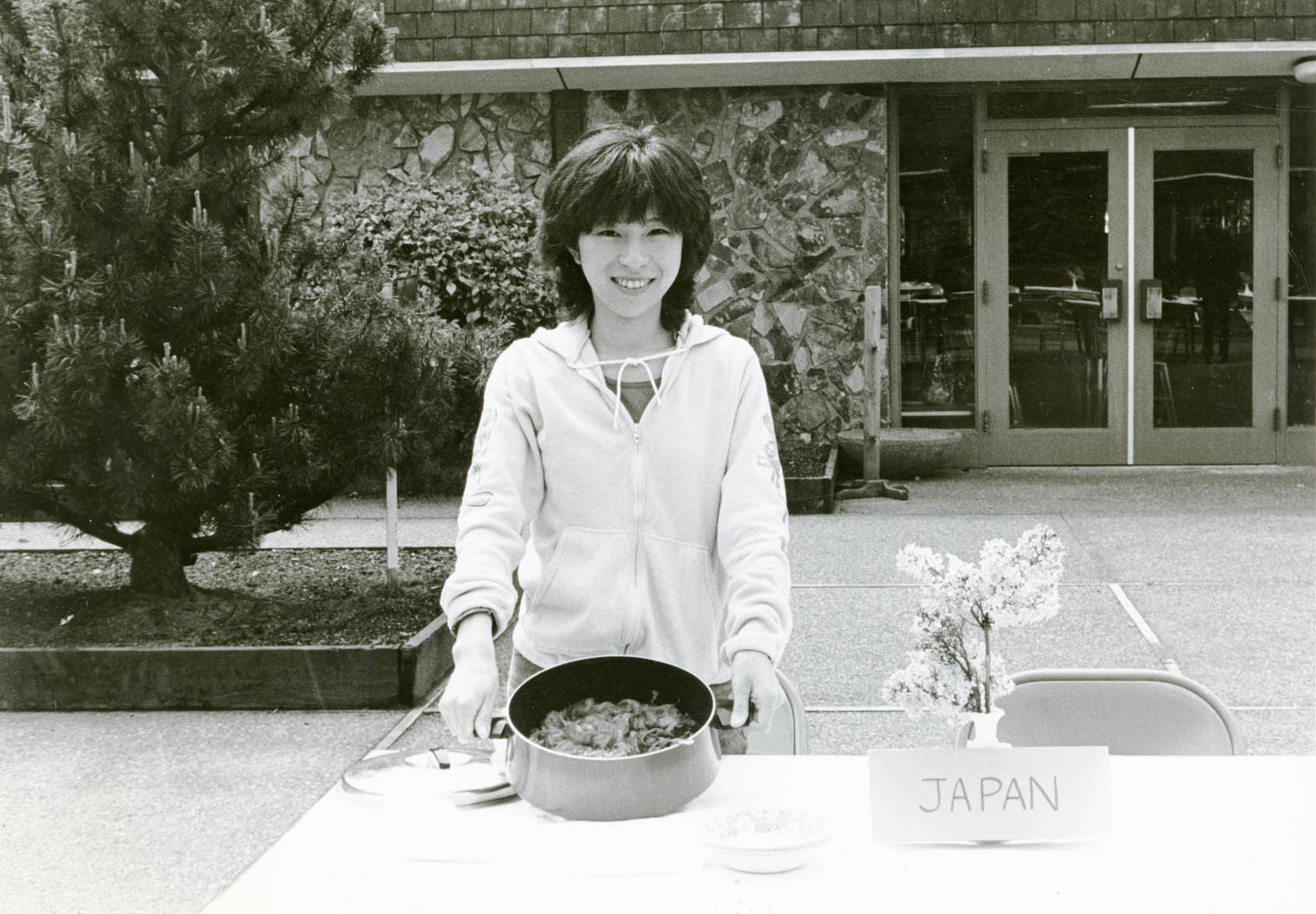
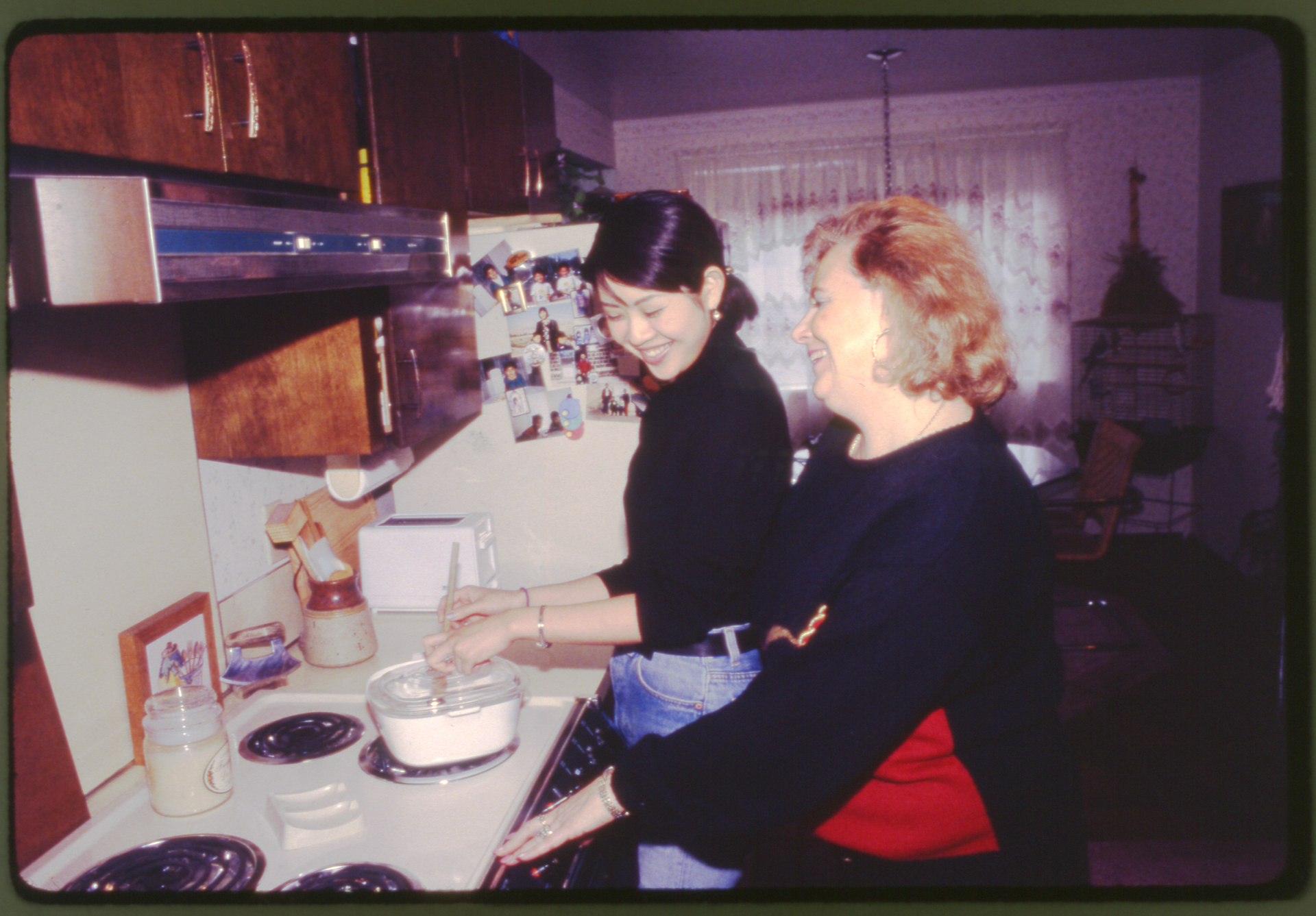
Even before the International Student Services office was formalized, a solid network of volunteers sustained a homestay program, which places international students with host families.
By 1990 the need for more formalized support led to the creation of International Student Services (ISS). ISS staffing increased over the years, including dedicated support for housing and the homestay program, activities, academic specialists. Around 1999, the department became known as International Student Services and Programs (ISSP),42 demonstrating its commitment to expanded support. In addition to activities like field trips and cultural festivals, ISSP created programs such as the English Conversation Program, which paired ESL students with native English speakers to practice language and cultural exchange in casual, weekly meetings.43
In addition to language learning, support for immigrant and refugee learners has included other ways of affirming their belonging in our community. In the early 1990s, TCC offered free citizenship courses for students to prepare for naturalization tests.44 A Center for Academic Success and Achievement (CASA) staff position of Undocumented Student Coordinator was established to provide specialized application and financial aid support for undocumented students.45 When the 2016 federal administration threatened the Deferred Action for Childhood Arrivals (DACA) Program – which expanded protections for immigrants who arrived to the U.S. as minors – the State Board and colleges including TCC signed an open letter urging the passage of stronger protections for these students.46 The Center for Student Advocacy and Cultural Support continues to be the hub of campus support for undocumented students.
